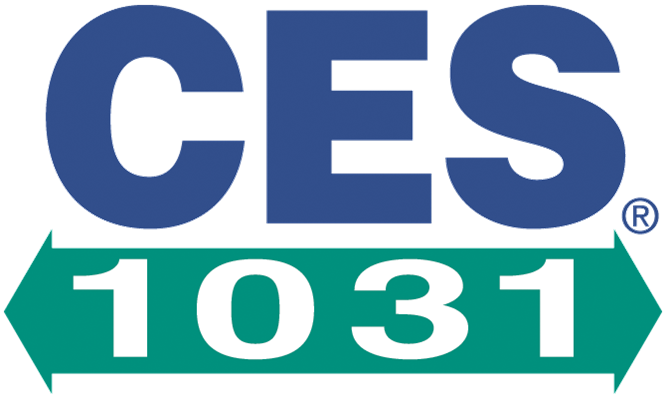
Become Certified
CES® Application
What does becoming a Certified Exchange Specialist® mean to you?
- Demonstrates to clients, their agents and professional advisors that, as a CES® Designee, you possess a high level of knowledge and experience
- Proves allegiance to the growth and professionalism of the 1031 exchange industry
- Demonstrates a desire to stay current with anything affecting IRC § 1031, the Deferred Exchange Treasury Regulations or related tax law developments
- Indicates a willingness to fulfill the continuing education requirements
- Opens new opportunities:
- Higher salary
- Greater responsibility and career growth
What does becoming a Certified Exchange Specialist® mean to your employer?
- Your company/employer can now promote that it employs a Certified Exchange Specialist®.
- Having a CES® Designee on staff demonstrates to taxpayers, their agents and professional advisors your company's commitment to professionalism and continuing education.
- The designation provides taxpayers with one more criterion to evaluate when choosing an exchange accommodator.
CES® Eligibility Requirements
The Federation of Exchange Accommodators, Inc. (FEA) and the CES® Certification Council require candidates to meet the following requirements to be eligible to apply to sit for the Certified Exchange Specialist® examination:
- Must have earned a high school diploma or GED.
- Must have a minimum of three (3) years out of the past seven (7) years of full-time equivalent work experience at a Qualified Intermediary Company and be currently working for a Qualified Intermediary Company in which you are directly involved with facilitating exchanges. "Full-time work experience" must include substantial time spent counseling taxpayers and their advisors (e.g., lawyers, accountants, and real estate professionals) on issues relating to tax-deferred exchanges under IRC Section 1031. "Full-time work experience" does not include those periods where significant time was devoted solely to such tasks as data input, accounting, and company marketing. Qualifying work experience may be an aggregate accumulation and does not have to be consecutive years and may either be direct, such as an owner or employee, or indirect, such as in an independent contractor status. The application review committee will consider only that work experience accrued during the seven (7) year period from the date of the review of the candidate's application for certification.
A Qualified Escrow, Trust, or Intermediary company, as defined under Treasury Regulation Section 1.1031(k)-1(3) and (4), is any sole proprietorship, partnership, limited liability company, trust, corporation, association, or any other going concern whose primary business is that of facilitating like-kind exchanges under Internal Revenue Code Section 1031 and the Treasury Regulations promulgated thereunder.
- Shall disclose any "guilty" or "no contest" (nolo contendere) pleas or convictions of any crime (e.g., a misdemeanor or felony) involving fraud, embezzlement, misappropriation of funds, conversion of property, theft, forgery or any crime involving the property of another.
- Shall disclose suspension or revocation of any professional designation or license or voluntarily relinquishment of a professional designation or license due to activities concerning fraud or embezzlement.
Any candidate who meets the eligibility requirements can apply to sit for the CES® examination.
CES® Application
|


